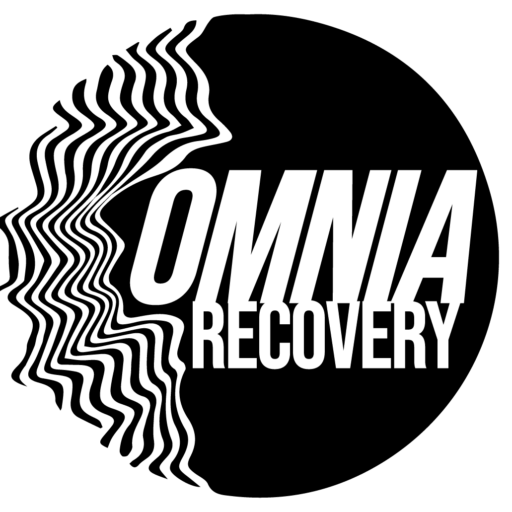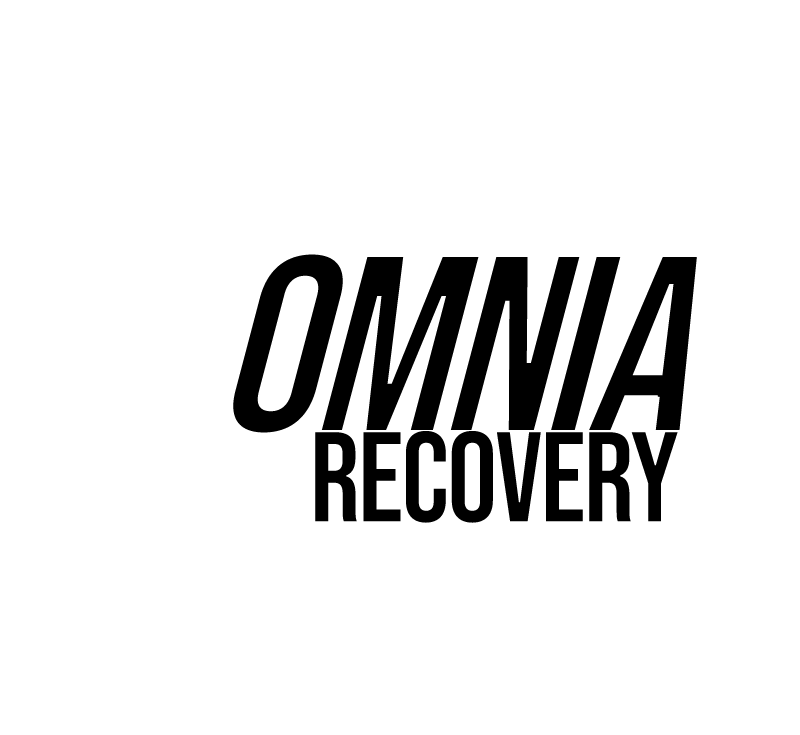Triggers—those seemingly innocuous cues or situations that ignite powerful cravings and temptations—are a formidable challenge on the path to recovery. At Omnia Recovery, we understand that navigating triggers is a critical aspect of maintaining sobriety and achieving long-term wellness.
Understanding Triggers
Triggers are external or internal stimuli that evoke memories, emotions, or physical sensations associated with past substance use or addictive behaviors. They can be anything from people, places, or things to emotions, stressors, or even certain times of day. Triggers vary from person to person and can arise unexpectedly, making them a significant hurdle in the recovery journey.
Identifying Personal Triggers
The first step in navigating triggers is identifying your personal triggers. Take time to reflect on your past experiences and pinpoint the people, places, emotions, or situations that tend to provoke cravings or temptations. Keep a journal or use a mobile app to track your triggers and note how they make you feel. By understanding your triggers, you can better prepare yourself to manage them when they arise.
Developing Coping Strategies
Once you’ve identified your triggers, it’s essential to develop coping strategies to manage them effectively. Work with your therapist or counselor at Omnia Recovery to create a personalized toolbox of coping techniques that resonate with you. This may include mindfulness meditation, deep breathing exercises, progressive muscle relaxation, visualization techniques, or engaging in hobbies or activities that bring you joy and fulfillment.
Creating a Support Network
Navigating triggers can feel overwhelming, but you don’t have to face them alone. Surround yourself with a strong support network of friends, family members, or fellow peers who understand your journey and can offer encouragement and guidance when triggers arise. Participate in support groups or attend meetings at Omnia Recovery where you can share your experiences, gain insights from others, and draw strength from the collective wisdom of the community.
Practicing Self-Care
Self-care is essential in managing triggers and maintaining emotional well-being in recovery. Make self-care a priority by prioritizing activities that nourish your mind, body, and spirit. This may include getting adequate sleep, eating nutritious meals, exercising regularly, practicing relaxation techniques, setting boundaries, and engaging in activities that promote relaxation and stress reduction.
Cultivating Resilience
Navigating triggers requires resilience—the ability to bounce back from setbacks and challenges in recovery. Cultivate resilience by fostering a growth mindset, practicing gratitude, maintaining a sense of humor, and learning from your experiences. Remember that setbacks are a natural part of the recovery journey, and each challenge you overcome strengthens your resilience and reinforces your commitment to sobriety.
Moving Forward with Confidence
Triggers may test your resolve, but with the right tools and support, you can navigate them successfully and continue moving forward on the path to recovery. At Omnia Recovery, we’re here to support you every step of the way, providing compassionate care, guidance, and resources to help you overcome triggers and achieve lasting wellness.
Ready to Take Control of Your Recovery?
If you’re struggling to navigate triggers in recovery, know that you’re not alone. At Omnia Recovery, we’re here to help you develop coping strategies, build resilience, and reclaim your life from addiction. Contact us today to learn more about our personalized approach to addiction treatment and take the first step towards a brighter, trigger-free tomorrow.




